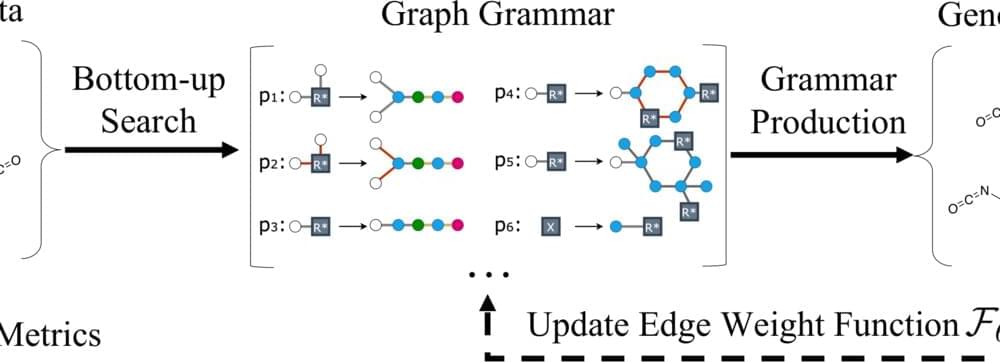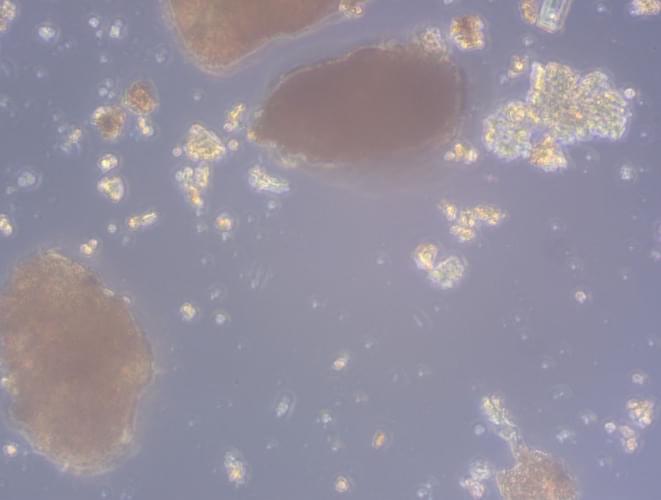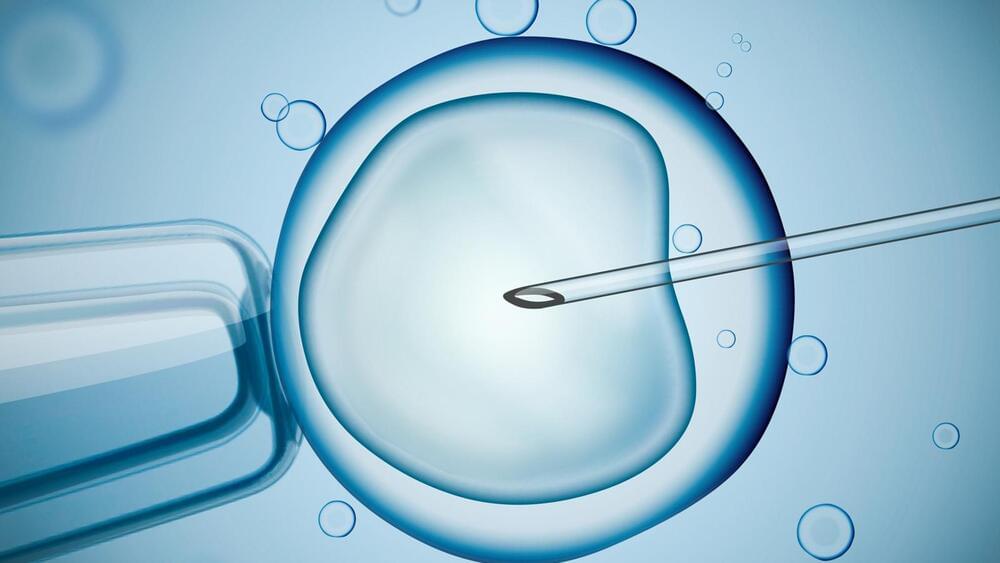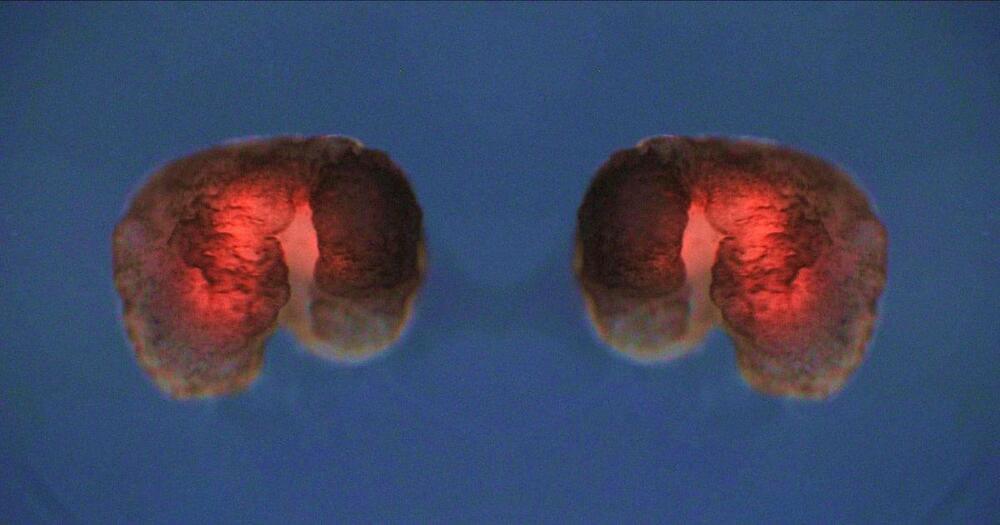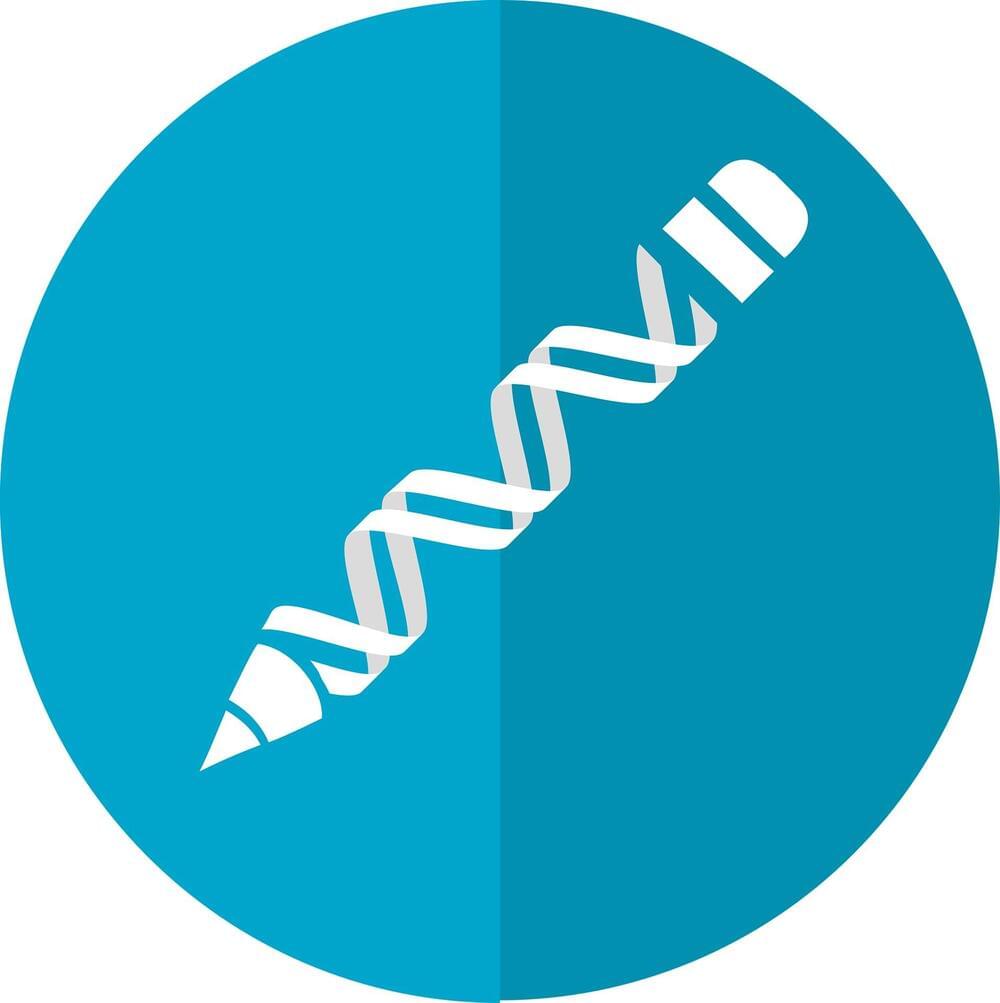Chemical engineers and materials scientists are continuously looking for the following groundbreaking material, chemical, or medication. The emergence of machine-learning technologies has accelerated the discovery process, which may typically take years. Ideally, the objective is to train a machine-learning model on a few known chemical samples and then let it build as many manufacturable molecules of the same class with predictable physical attributes as feasible. You can develop new molecules with ideal characteristics if you have all of these components and the know-how to synthesize them.
However, current approaches need large datasets for training models. Many class-specific chemical databases only contain a few example compounds, restricting their capacity to generalize and construct biological molecules that might be generated in the real world.
This issue was addressed by a team of researchers from MIT and IBM by employing a generative graph model to create new synthesizable compounds within the same training data’s chemical class. The research was presented in a research paper. They model the production of atoms and chemical bonds as a graph and create a graph grammar — a linguistic analog of systems and structures for word ordering — that provides a set of rules for constructing compounds like monomers and polymers.
